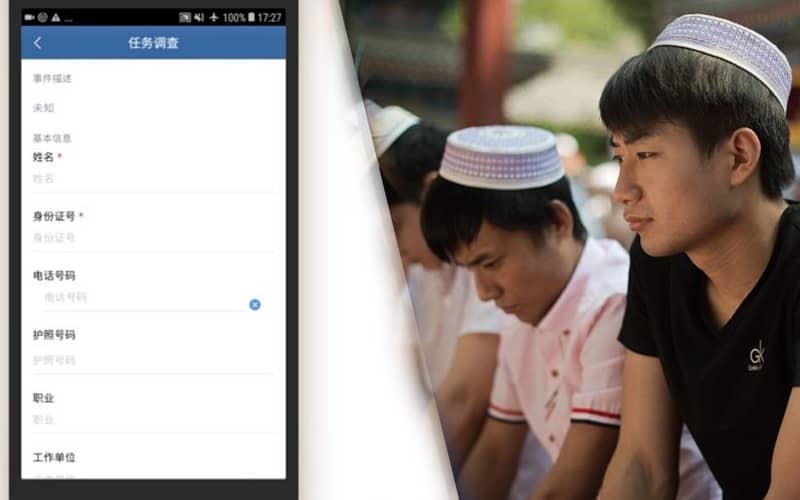BEIJING: A rare and huge leak of highly classified Chinese government documents has shed new light on a security crackdown in Xinjiang region, home to a mostly-Muslim ethnic minority called the Uighurs.
The first was a New York Times article that examined more than 400 pages of leaked documents detailing an unprecedented look into the highly-secretive Communist Party’s controversial crackdown.
High-tech crackdown
The International Consortium of Investigative Journalists (ICIJ) published the leaked files detailed that China uses an intrusive surveillance app called Zapya to round up 40,000 Uighur Muslims for detention centers.
The trove of leaked documents detailed how the officials forced Uighurs Muslims to download the software that would crawl their phones to monitor, track and flagged its users for further investigation.
How ‘Zapya’ works
Zapya, a mobile file-sharing application was developed by a Beijing-based startup DewMobile Inc.
The file-sharing app, known in Chinese as Kuai Ya (fast tooth), according to the ICIJ reports encourages smartphone users to download the Holy Quran and share religious teachings, described in China as material that encourages terrorism.
The app becomes popular as it allows smartphones to connect to one another without being connected to the web.
It is used in countries including India, Pakistan and Myanmar.
Oppression via technology
The surveillance app allows Xinjiang authorities to allegedly monitor an array of information about the people they interrogate, including their height, blood type.
More than 1.8 million Uighurs in Xinjiang are forced to download the software ‘Zapya’ between July 2016 and June 2017.
Targets Uighurs ‘one by one’
Around 40,557 of them are what it called “harmful” people includes fugitives, criminal detainees, and “unauthorized imams.”
According to the documents, the officials are instructed to carry out the investigation and verification “one by one” and to detain them in “internment camps” further screen and review unless proven innocent.
China trying to convince the world that the Xinjiang internment camps are vocational training centers that buys police batons, electric cattle prods, pairs of handcuffs andcans of pepper spray.
However, after initially denying the camps, China has described them as vocational schools aimed at dampening the allure of Islamist extremism and violence through education and job training.


